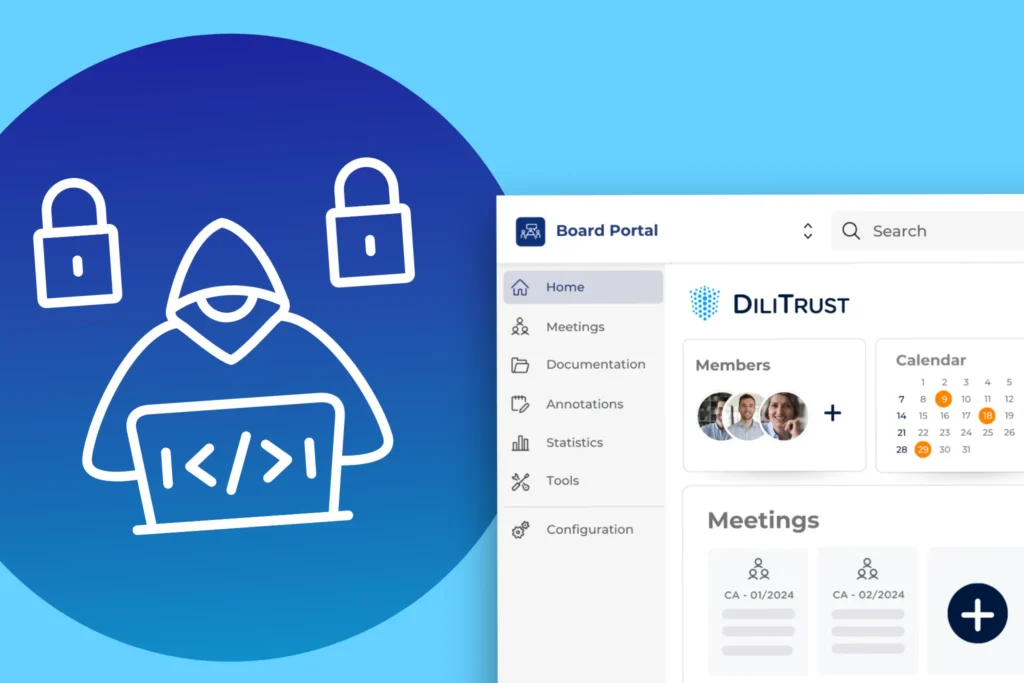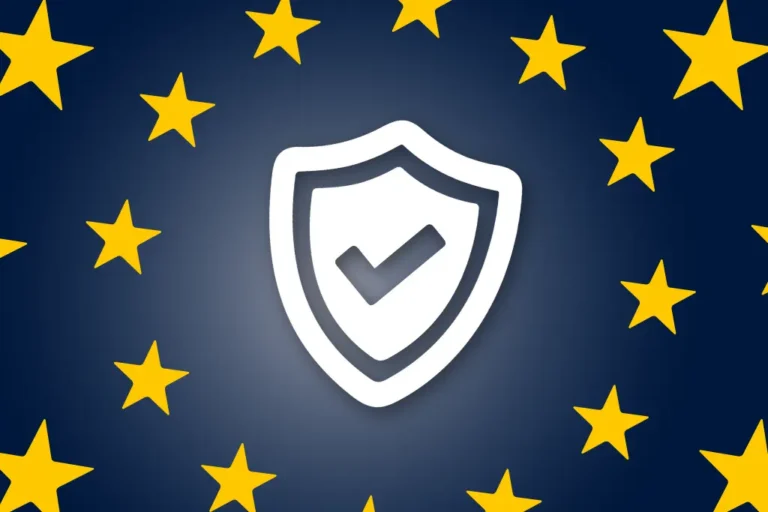Serious cyberattacks are once again on the rise following Russia’s invasion of Ukraine.

The escalation of the conflict between Russia and Ukraine is unprecedented in world history. The war is not without profound consequences, both from economic and cybersecurity points of view. Russia’s invasion of Ukraine has triggered a massive wave of activity from both cyber-activists and hackers. An informal movement, Anonymous, had claimed to have attacked certain Russian media in the early days of the ground conflict in Ukraine. At the end of February, several prominent websites and newspapers were paralyzed by cyberattacks. Organizations, even smaller ones, are not immune to these types of severe attacks. What consequences can organizations and their boards expect from this cyberwar?
Cyberwar origins and context
The very principle of cyber warfare – and what explains its danger – is its lack of borders. Cyberattacks are often used by countries that enter into conflict when the situation begins to deteriorate. When cyberattacks against Ukrainian sites were detected on 18 January 2022, the United States ordered urgent action to counter this growing cyber threat.
On February 26th, the Ukrainian deputy prime minister called for a response by creating a volunteer cyber army of hackers on Twitter. He communicated the address of a group on Telegram, which more than 250, 000 people eventually joined. The now world-famous Anonymous collective participated, and stated it was ready to defend Ukraine’s interests in the conflict.
In reality, cyberattacks against Ukraine are not new. Since 2014, the country has been experiencing a cyberwar that has reportedly cost more than $10 billion globally. The main consequence of these repeated cyberattacks is a colossal financial loss, both for the attacked country and all other countries worldwide. This is all the more devastating if the cyberattack targets critical infrastructure such as banks or hospitals. As a result, disastrous repercussions are experienced such as data leakage, theft of banking information, etc.
In addition, a cyberwar can lead to a loss of confidence in the target country by other actors. Not only does it impact the security of sensitive data, but a cyberwar affects the reputation of the targeted countries and their ability to protect themselves effectively.
How boards can protect themselves from cyberattacks
What can you do to avoid a cyberwar, or at least to protect your board effectively?
The French National Agency for Information Systems Security (ANSSI) recommends following these 5 tips:
- Utilize reinforced authentication, mainly for the accounts of board members who have access to critical resources and exposed personnel (executives, management staff …).
- Invest in a robust cybersecurity system. All anomalies, even the smallest ones, must not be ignored.
- Make regular backups of data, especially of critical business applications. Backups should be made offline, disconnected from the information system to avoid any encryption. Frequent updating is also recommended.
- Prioritize security actions by drawing up a complete list of all critical services.
- Establish a crisis management system in the event of cyberattacks.
This cautious approach includes ensuring business continuity and a return to normal operations in the event of a problem.
For many companies, these type of security measures are not now. However, many companies still surprisingly lack a comprehensive system for managing cyberattacks. In the event of cyber warfare, it is therefore essential to have a trusted partner for the security of sensitive and confidential board data. As a trusted partner, DiliTrust offers you secure solutions to manage your governance meetings and protect your data. With the Board Portal module of the DiliTrust Governance suite, give your directors the opportunity to fully express their expertise wherever they are thanks to a collaborative and ultra-secure framework. Keep control of your sensitive and confidential data and structure information efficiently.
This content may also be of interest to you:.


